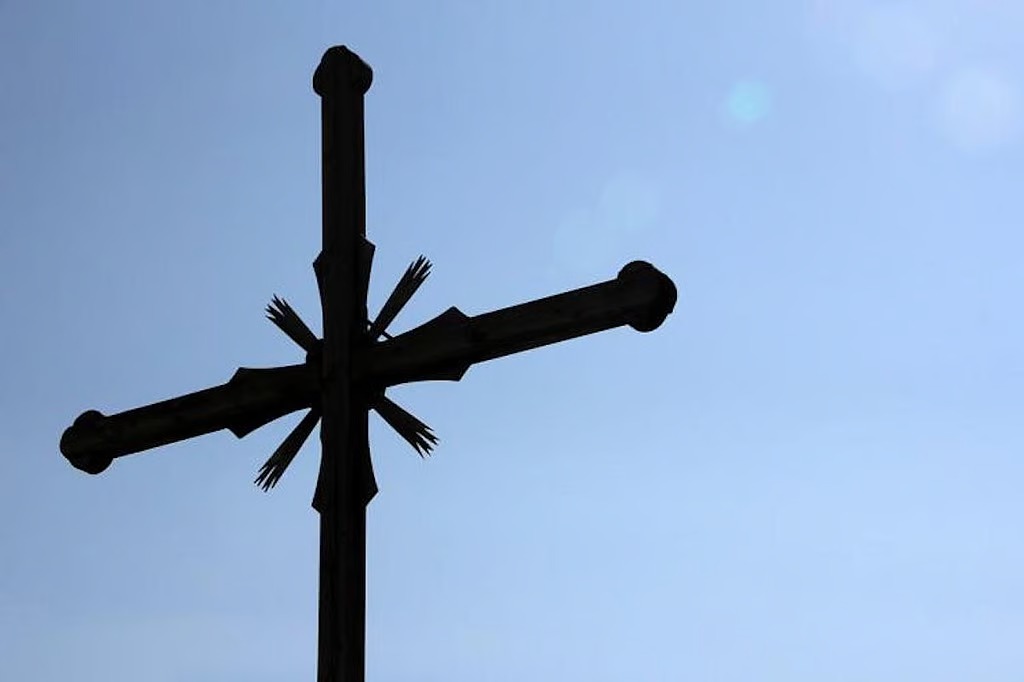Thiruvananthapuram: An article in the Rashtriya Swayamsevak Sangh (RSS) mouthpiece Organiser has stated that the Catholic Church of India holds more land than the Waqf Board, which has long been believed to be the second-largest landowner in the country.
The article, titled "Who has more land in India? The Catholic Church vs Waqf Board Debate," as cited by The New Indian Express, challenges the commonly held view and asserts that the Catholic Church is the largest non-governmental landholder in India.
"For many years, there has been a common belief that the Waqf Board is the second largest landowner in India after the government, however, this claim does not align with the actual data on land ownership in the country. The Catholic Church of India holds the distinction of being the largest non-governmental landowner, possessing vast tracts of land spread across the country,” the article stated.
The Church is said to own approximately 17.29 crore acres (7 crore hectares) of land, with an estimated value of Rs 20,000 crore.
The article further noted the significant influence of the Catholic Church in India’s real estate landscape, listing scores of schools, hospitals, nursing colleges, and other institutions under its management. “As of 2012, the Catholic Church has 2,457 hospital dispensaries, 240 medical or nursing colleges, 28 general colleges, 5 engineering colleges, 3,765 secondary schools, 7,319 primary schools and 3,187 nursery schools in the field of education and healthcare sector in the country. Much of its land was acquired during British rule. In 1927, the British administration passed the Indian Church Act, facilitating large-scale land grants to the Church," it added.
However, the Organiser article also raised contentious issues, alleging that some of the Church's land acquisitions might have been questionable. It suggested that the Church’s charitable services, particularly in education and healthcare, could be a way of luring economically disadvantaged individuals into converting to Christianity, with some reports claiming that tribal and rural landowners were coerced into converting in exchange for Church-run services.
“Several cases have surfaced where tribal lands, once belonging to indigenous communities, were gradually transferred to Church authorities under various pretexts," the article stated.
This published write-up comes at a time when BJP leaders, particularly in Kerala, are celebrating the passing of the Waqf Amendment Bill, which they have described as a "gift" to the Munambam protesters, who are led by the Catholic Church.
Interestingly, Organiser has deleted the article after it was published.
Article deleted but RSS mouthpiece @eOrganiser forgot to delete the tweet https://t.co/CTjvIwFeor pic.twitter.com/cFIT3can5J
— Mohammed Zubair (@zoo_bear) April 5, 2025
Let the Truth be known. If you read VB and like VB, please be a VB Supporter and Help us deliver the Truth to one and all.
Panaji (PTI): As part of a crackdown against tourist establishments violating laws and safety norms in the aftermath of the Arpora fire tragedy, Goa authorities on Saturday sealed a renowned club at Vagator and revoked the fire department NOC of another club.
Cafe CO2 Goa, located on a cliff overlooking the Arabian Sea at Vagator beach in North Goa, was sealed. The move came two days after Goya Club, also in Vagator, was shut down for alleged violations of rules.
Elsewhere, campaigning for local body polls, AAP leader Arvind Kejriwal said the fire incident at Birch by Romeo Lane nightclub at Arpora, which claimed 25 lives on December 6, happened because the BJP government in the state was corrupt.
An inspection of Cafe CO2 Goa by a state government-appointed team revealed that the establishment, with a seating capacity of 250, did not possess a no-objection certificate (NOC) of the Fire and Emergency Services Department. The club, which sits atop Ozrant Cliff, also did not have structural stability, the team found.
The Fire and Emergency Services on Saturday also revoked the NOC issued to Diaz Pool Club and Bar at Anjuna as the fire extinguishers installed in the establishment were found to be inadequate, said divisional fire officer Shripad Gawas.
A notice was issued to Nitin Wadhwa, the partner of the club, he said in the order.
Campaigning at Chimbel village near Panaji in support of his party's Zilla Panchayat election candidate, Aam Aadmi Party leader Kejriwal said the nightclub fire at Arpora happened because of the "corruption of the Pramod Sawant-led state government."
"Why this fire incident happened? I read in the newspapers that the nightclub had no occupancy certificate, no building licence, no excise licence, no construction licence or trade licence. The entire club was illegal but still it was going on," he said.
"How could it go on? Couldn't Pramod Sawant or anyone else see it? I was told that hafta (bribe) was being paid," the former Delhi chief minister said.
A person can not work without bribing officials in the coastal state, Kejriwal said, alleging that officers, MLAs and even ministers are accepting bribes.





